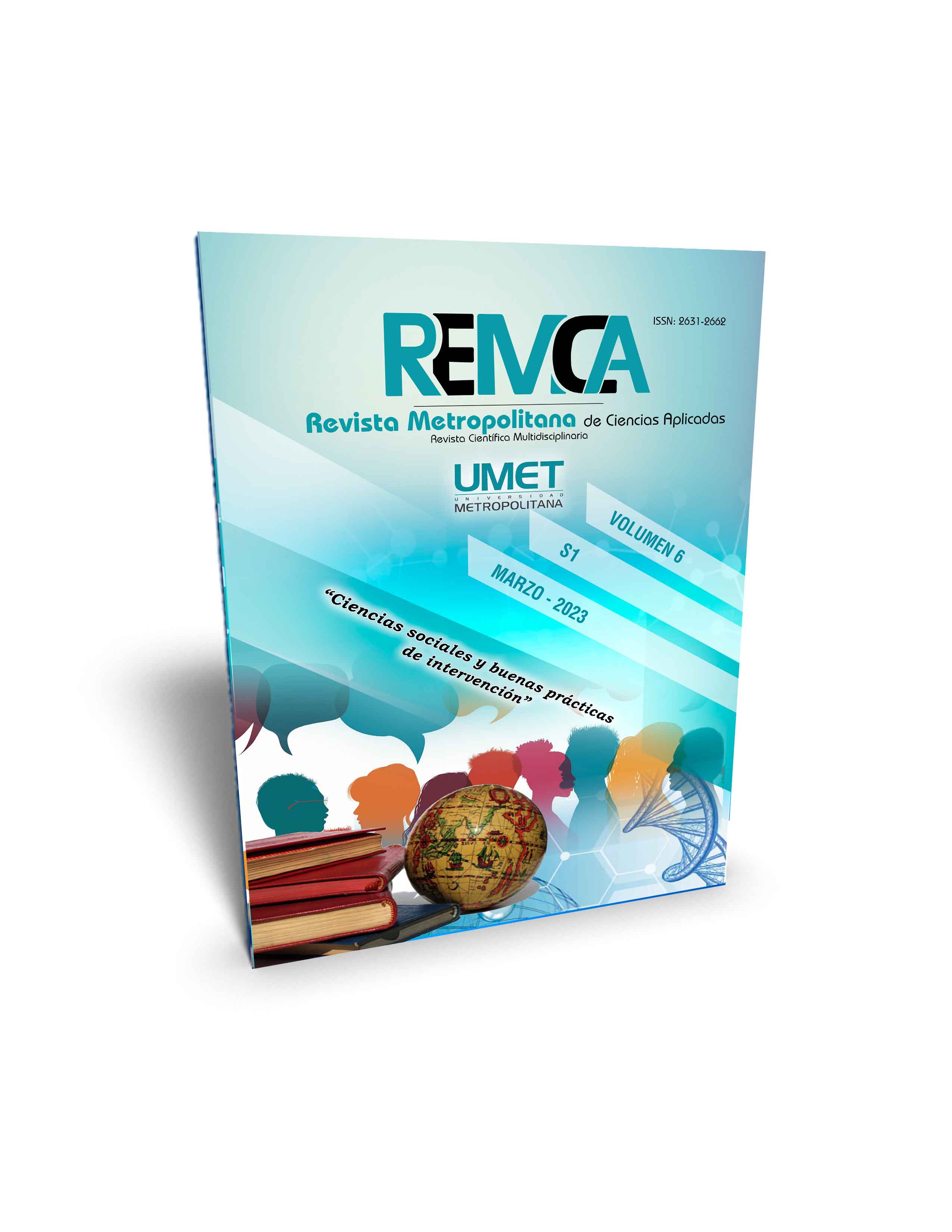Teacher's training for the education of the deaf schoolchildren
DOI:
https://doi.org/10.62452/53gfef29Keywords:
Language therapist teacher training, content, speech-special care, deaf schoolAbstract
The initial training of the language therapist teacher in Cuba undergoes profound transformations from the demands of inclusive education and the strengthening of language therapist in the pedagogical field. The review of pedagogical practice, within it, the training content for the care of disorders in communication and language, in a particular way in the pedagogical field. For speech intervention with deaf schoolchildren, it identified a group of dissatisfactions that require their approach theoretical and methodological. For these reasons, the study aims to: analyze the essential ideas on which the training content of the language therapist teacher is defined, comprehensive speech care to deaf schoolchildren, depending on the achievement of communication. Changes made to the discipline language therapist and its application in the group of students who take the 4th year of the career offer evidence of their relevance.
Downloads
References
Alegría, J. (1985). Por un enfoque psicolingüístico de la lectura y sus dificultades. Infancia y Aprendizaje, 8(29), 79-94.
Alegría, J. (2009). Lectura, fonología y sordera. (Ponencia). XIX Congreso Nacional de la Federación Española de Asociaciones de Profesores de Audición y Lenguaje. Valencia, España.
Bejarano, O. (2006). Investigaciones en el campo pedagógico con población sorda. Horizontes Pedagógicos, 8(1), 31-40.
Bustos Rubilar, M., Fuentes-López, E., & Castro Abarca, P. (2018). Enfoques terapéuticos en centros de intervención para niños sordos. Rev. CEFAC. 20(3), 313-323.
Castro Pérez, G., Camargo Ramos, M., Hernández Estrada, L., García Cruz, M., & Ruiz García, L. M. (2020). Rehabilitación auditiva y comprensión de textos, un reto en los niños sordos con implante coclear. Rev Ciencias Médicas. 24. (4), 42-72.
Chevrie-Muller, C., & Narbona, J. (2001). El lenguaje del niño. Desarrollo normal, evaluación y trastornos. Masson.
Cuba. Ministerio de Educación Superior. (2016). Modelo del Profesional: carrera Licenciatura en Educación Logopedia, Plan de Estudio “E”. Comisión Nacional de Carrera
Domínguez-Gutiérrez, A. B., & Alegría, J. (2009). Los alumnos sordos y la lengua escrita. Revista Latinoamericana de Educación Inclusiva, 1(3), 85-111.
Fernández-Domínguez, J. J. (2021). El proceso lector: implicaciones y contribuciones de la neurociencia y la neuroeducación. Revista Internacional de Apoyo a la Inclusión, Logopedia, Sociedad y Multiculturalidad, 7(1).
Figueroa, V., & Lissi, M. R. (2005). La lectura en personas sordas: Consideraciones sobre el rol del procesamiento fonológico y la utilización del lenguaje de señas. Estudios Pedagógicos, 31(2), 105-119.
Hael, M. V. (2018). Contextos Bilingües en Países de Habla Hispana. Revista Latinoamericana de Educación Inclusiva, 12(2), 79-96.
Jambor, E., & Elliott, M. (2005). Autoestima y estrategias de afrontamiento entre estudiantes sordos. Revista de Estudios y Educación de Personas Sordas, 10(1). 63-81.
López, D. M., Gómez, A. L., & Puebla, N. (2021). La comunicación kinésica en la formación inicial del maestro logopeda. Transformación, 17(2), 268-279.
Murguia Moré, M., Hernández Nodarse, T., & Carrera Morales, M. A. (2016). El rol del logopeda en la inclusión educativa de los escolares con trastornos de la comunicación oral. Avances en Supervisión Educativa, 26, 1-18.
Rey, M. I. (2008). El cuerpo como lugar de la identidad de los sordos. (Paper). V Jornadas de Sociología de la UNLP. Universidad Nacional de La Plata, Argentina.
Ruíz Vallejos, N. (2016). El niño sordo en el aula ordinaria. Revista Internacional de Apoyo a la Inclusión, Logopedia, Sociedad y Multiculturalidad, 2(1).
Torgesen, J. K., Wagner, R. K., & Rashotte, C. A. (1994). Longitudinal studies of phonological processing and reading. Journal of learning Disabilities, 27(5), 276-286.
Torres-Maceo, D., & Calzadilla-González. O. (2020). Concepción de formación didáctica del maestro logopeda. (Unpublished manuscript). Universidad de Holguín.
Vázquez Campos, J., Conill Armenteros, J. A., & Sotolongo Peña, R. C. (2019). El colectivo logopédico. Una mirada desde la formación inicial y permanente del logopeda. Rev Ciencias Médicas, 3(3), 418-426.
Downloads
Published
Issue
Section
License
Copyright (c) 2023 Dagmara Torres-Maceo, Onaida Calzadilla-González, Marlens Labrada-Pérez (Autor/a)

This work is licensed under a Creative Commons Attribution-NonCommercial-ShareAlike 4.0 International License.
Authors who publish in Revista Metropolitana de Ciencias Aplicadas (REMCA), agree to the following terms:
1. Copyright
Authors retain unrestricted copyright to their work. Authors grant the journal the right of first publication. To this end, they assign the journal non-exclusive exploitation rights (reproduction, distribution, public communication, and transformation). Authors may enter into additional agreements for the non-exclusive distribution of the version of the work published in the journal, provided that acknowledgment of its initial publication in this journal is given.
© The authors.
2. License
The articles are published in the journal under the Creative Commons Attribution-NonCommercial-ShareAlike 4.0 International License (CC BY-NC-SA 4.0). The terms can be found at: https://creativecommons.org/licenses/by-nc-sa/4.0/deed.en
This license allows:
- Sharing: Copying and redistributing the material in any medium or format.
- Adapting: Remixing, transforming, and building upon the material.
Under the following terms:
- Attribution: You must give appropriate credit, provide a link to the license, and indicate if any changes were made. You may do this in any reasonable manner, but not in any way that suggests the licensor endorses or sponsors your use.
- NonCommercial: You may not use the material for commercial purposes.
- ShareAlike: If you remix, transform, or build upon the material, you must distribute your creation under the same license as the original work.
There are no additional restrictions. You may not apply legal terms or technological measures that legally restrict others from doing anything the license permits.




